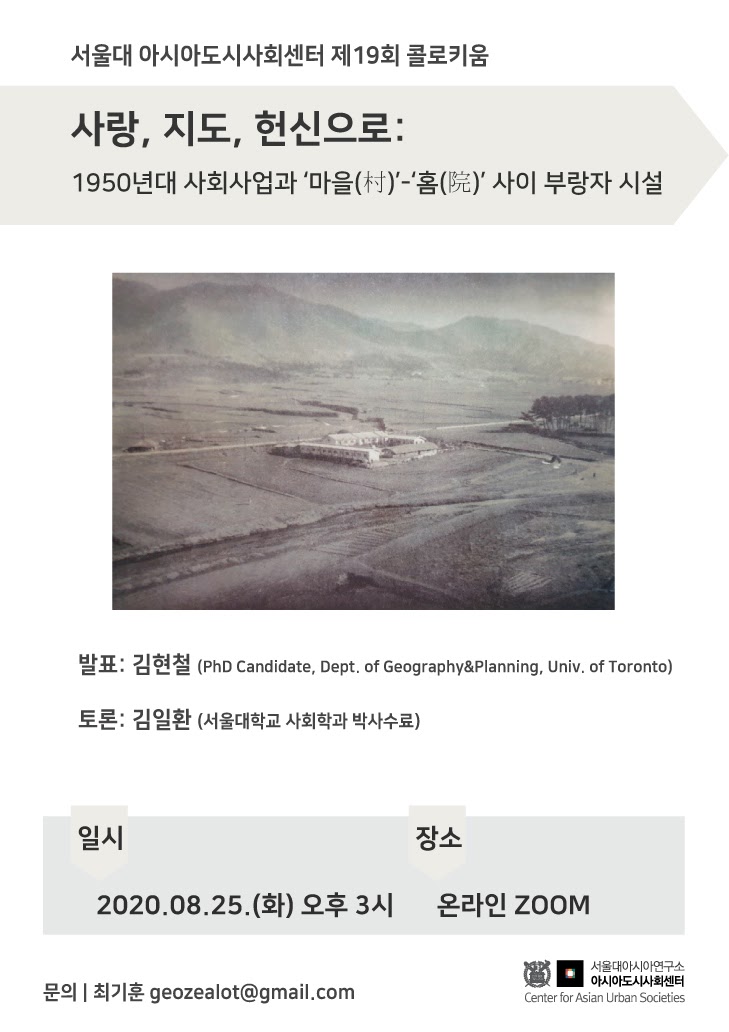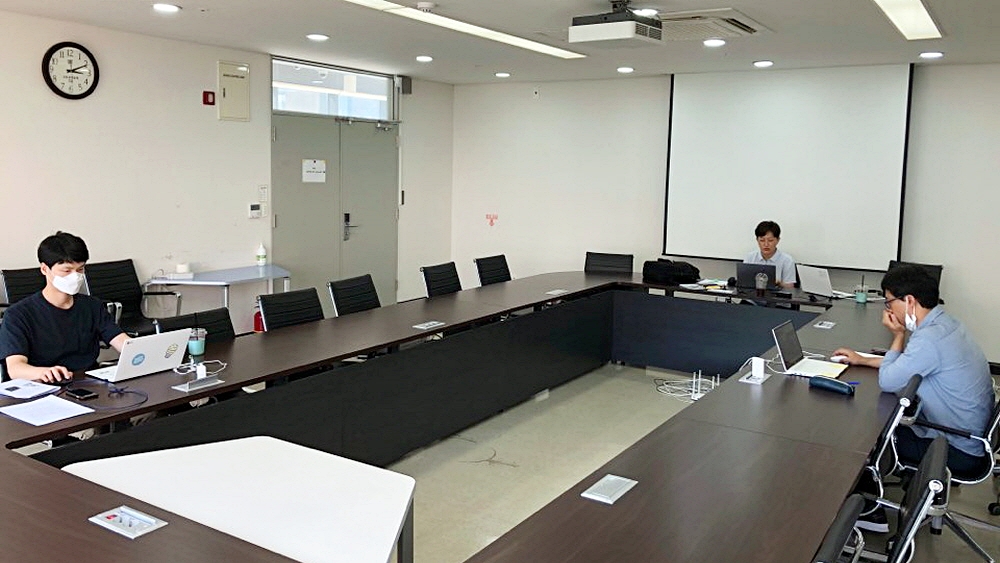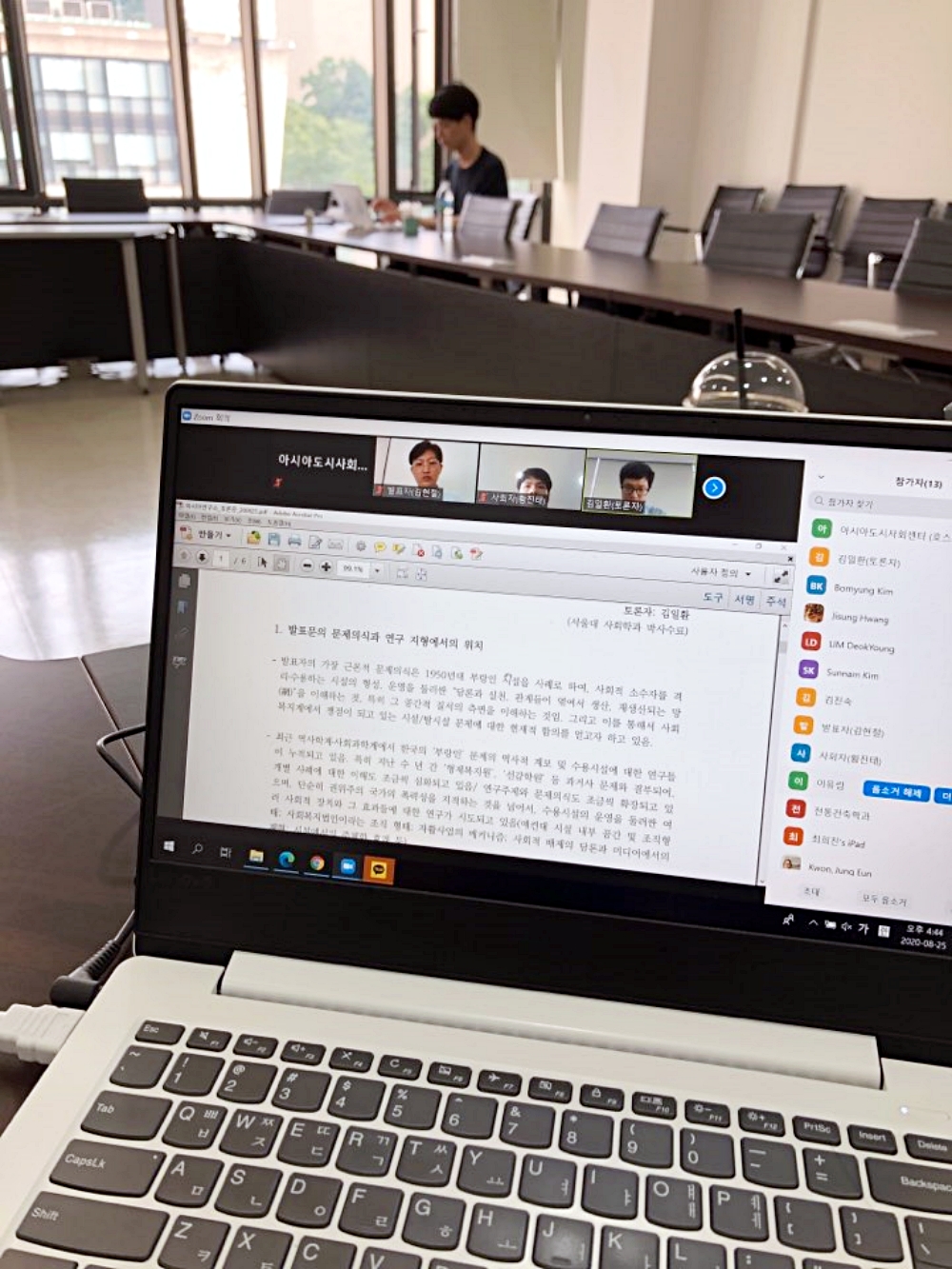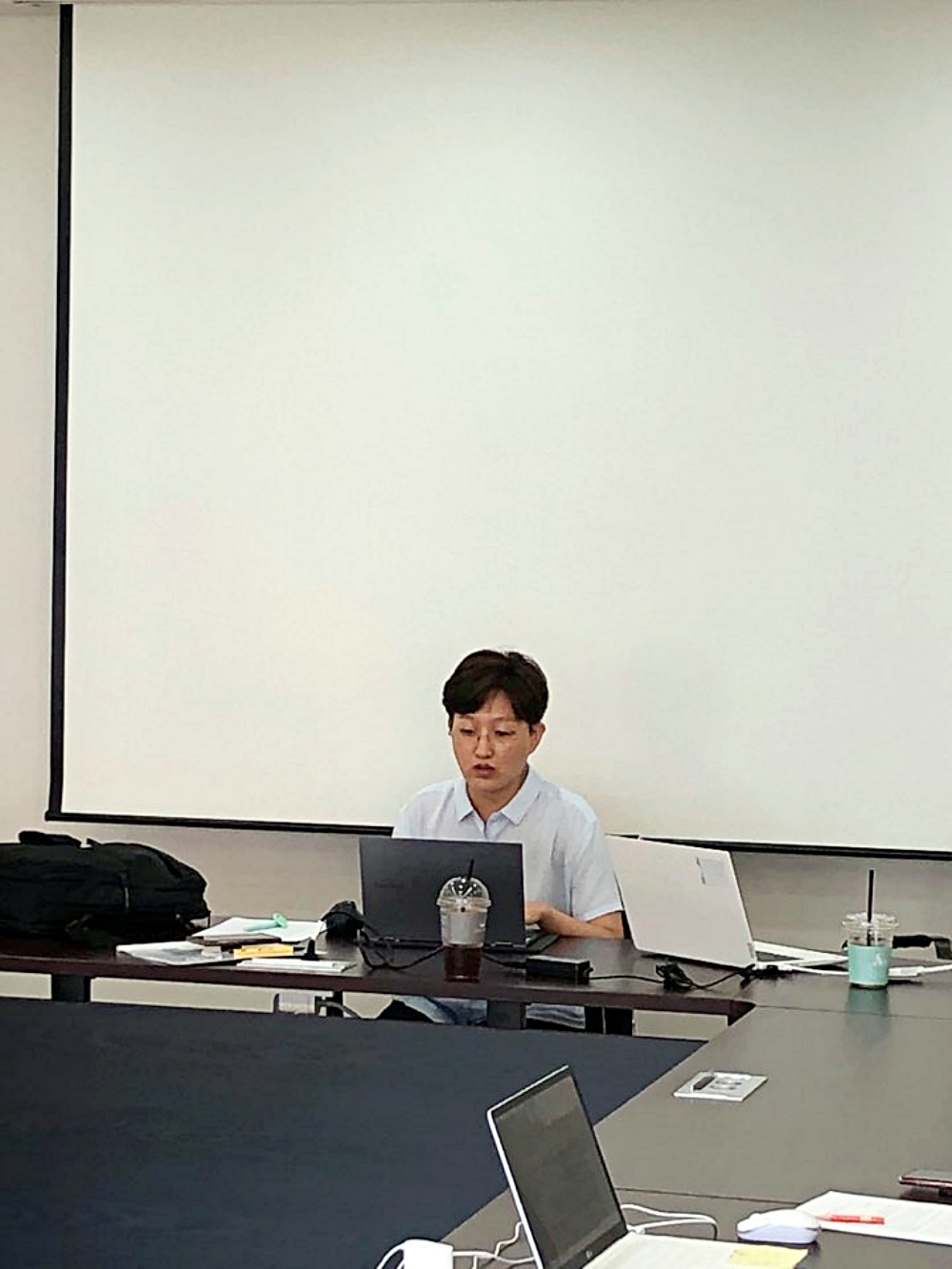CAUS 19th Colloquium
- Date: August 25th, Tuesday, 2020 15:00 – 17:00
- Location: Room 406, SNUAC (Bldg. 101)
In this colloquium, we will examine the building and development of vagrant facilities before and after the Korean War as well as the processes of North American-oriented social work theory flowing in, nation re-building projects, and learning Christian beliefs. We will be looking into how the discursive/material practices that detained ‘out-of-the-norms’ bodies in early vagrant facilities have formed the matrix of Korean facility politics.
Hyun-Chul Kim is a Ph.D. candidate at the Department of Geography & Planning, University of Toronto. In his master’s thesis, he discussed the 2014 Queer Parade contest of Seoul and Daegu from the perspective of radical public space. He has been examining the historical traces of nonnormative bodies being governed and managed in the process of modern urban spaces being formed in East Asia. He is especially interested in the history of confinement, quarantine and curative violence combined with physical/mental disabilities, diseases, sexuality, and vagrancy.
This event will be held online in order to prevent the spread of COVID-19. Please register prior to the day of the event, and the Zoom link will be sent individually.
※ Register here: https://forms.gle/SaJLpMLaDx6cqVsS9
On August 25th, the 19th Colloquium of CAUS was held with the presentation “Through Love, Guidance, and Devotion: Social work in the 1950s and vagrant facilities between ‘village’ and ‘home'” by Hyun-Chul Kim (Ph.D. candidate, Dept. of Geography & Planning, University of Toronto).
Hyun-Chul Kim finds that amidst Korea’s situations in the 1950s, the process of care being recognized as a social problem or realm is being overlooked, and argues that in order to understand social facilities in the Korean context, we must understand the production and reproduction of the surrounding discourses, practices, and relationships. Thus he discovers vagrant facilities between villages and homes in the 1950s and seeks to examine their spatiality within the relationships around them and the spirit of communitarianism.
Discussant Ilhwan Kim (Ph.D. candidate, Dept. of Sociology, SNU) and moderator Jin-tae Hwang (Research fellow, CAUS) were present at the colloquium, along with many scholars who joined online to understand the geography of confinement through welfare facilities in the Korean context.




